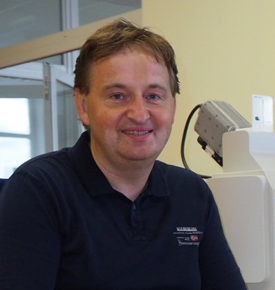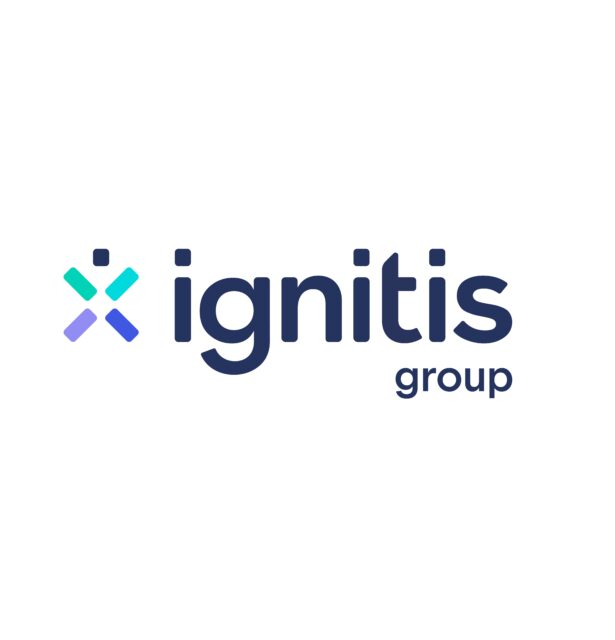
Dr. Darius Milcius is Head of Center for Hydrogen Energy Technologies (Lithuanian Energy Institute). Since 2001 he is expert of Tasks 17-32 of The International Energy Agency Hydrogen Implementing Agreement (IEA HIA). His main activities are:
º Development of metal hydrides for hydrogen storage, batteries and smart windows applications;
º Development of thin electrolyte for SOFC (solid oxide fuel cells) and oxide based PCFC (proton conductive fuel cells);
º Development of hydrogen separation membranes based on amorphous Nickel compounds.
He has been author or co-author of more than 40 publications on metal hydrides, 15 publications on Solid Oxide Fuel Cells. He also have developed 5 patents and applications at Lithuanian Patent Office, 1 – EPO patent on energy storage technologies; 1- PCT patent application on hydrogen production using direct reaction of activated aluminium with water. Dr. Darius Milcius has excellent experience in participation in international projects: he was a coordinator of two projects on development of energy storage technologies with Sandia National Laboratories (USA) which was funded by USA DoE; participant of 3 Nordic Energy Research Programme projects, 4 projects in EU FP6, 2 COST projects, leader of 2 projects funded by EU Structural Funds and a leader of the project on energy storage technologies implementation in military environment which was funded by NATO Energy Security Centre of Excellence. Darius Milcius was a member of FCH 2 JU States Representatives Group from 2021.
Title of presentation: Hydrogen technologies at Lithuanian Energy Institute
Hydrogen fuel cells are widely considered as a promising power system for stationary and mobile applications in recent years. Hydrogen fuel cells have the potential to a future sustainable energy system and could contribute to the total decrease of CO2 emission. Though, hydrogen has a high calorific value and its reaction by-product is water, expensive and complex technological methods for hydrogen production and storage must be included. Hydrogen can be extracted by means of various methods including biological process, photo-electrochemical methods, coal gasification, water electrolysis and hydrolysis.
The main emphasis in the presentation will be focused on R&D activities at Lithuanian Energy Institute, presenting the latest activities and results on hydrogen production using direct reactions between plasma modified aluminum and water, development of metal hydrides for hydrogen storage and applications in biogas enhancement.



